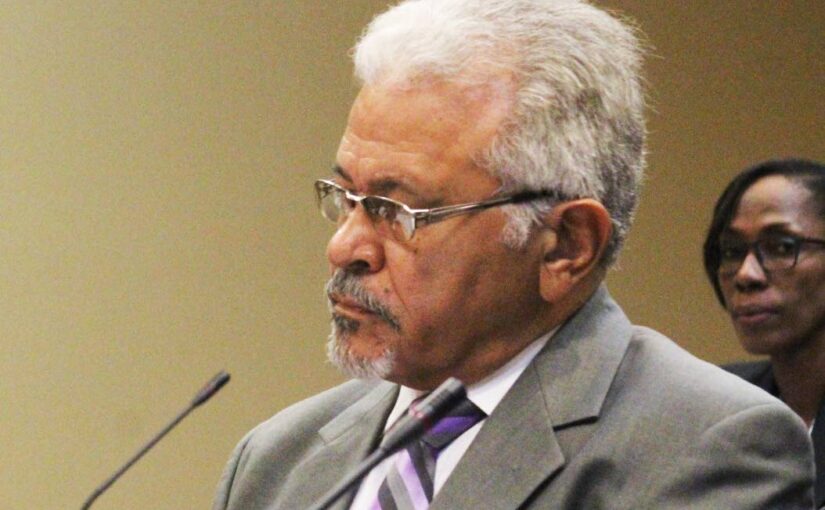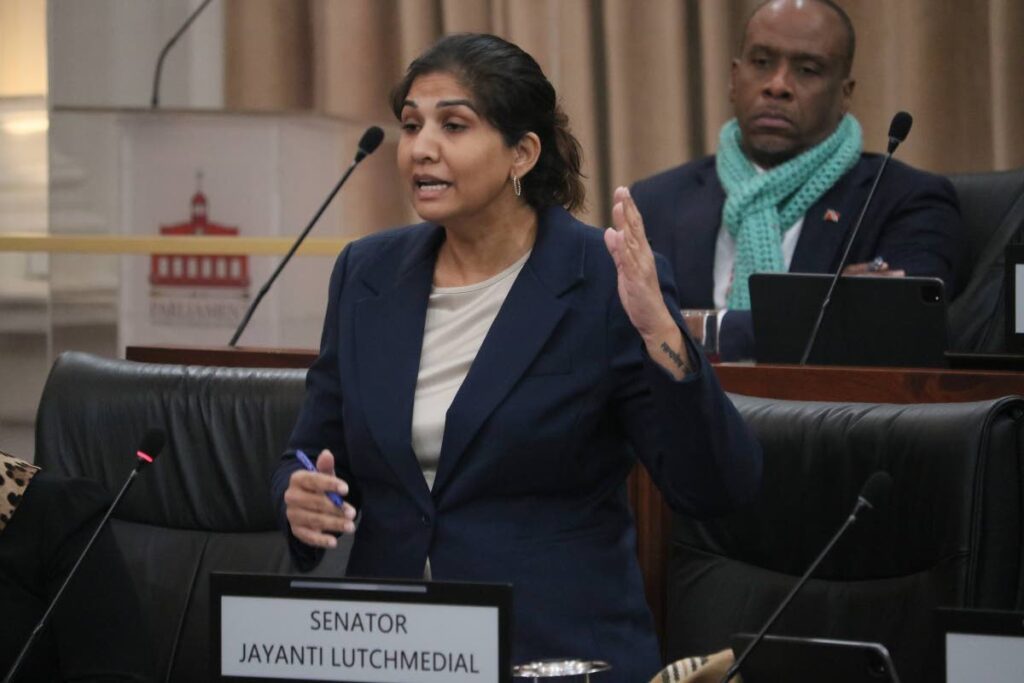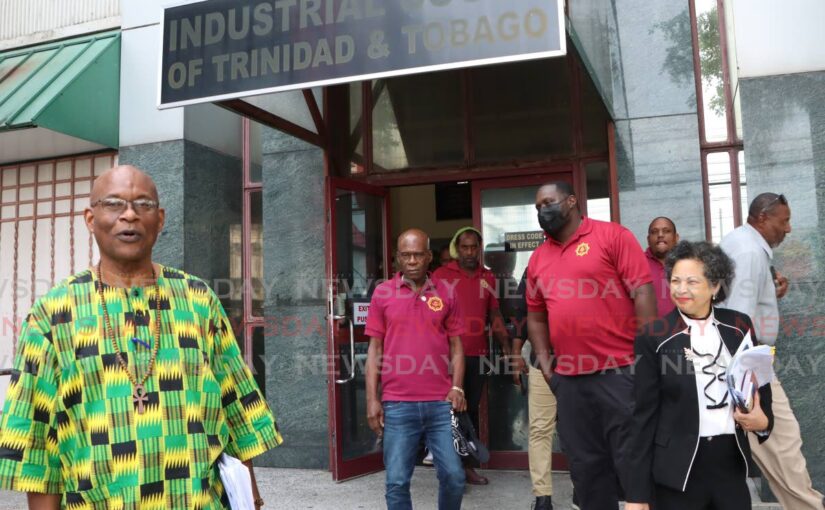

TT Bureau of Standards (TTBS) chairman Lawford Dupres.
TT BUREAU OF STANDARDS (TTBS) chairman Lawford Dupres says the TTBS has experienced its own challenges with accessing foreign exchange (forex).
He made this comment during a meeting between officials from the TTBS and Trade and Industry Ministry and members of the Parliament’s Local Authorities, Service Commissions and Statutory Authorities Joint Select Committee (JSC) at the Red House on November 6.
Dupres told JSC members that while the TTBS is not starved for forex, it does experience occasional hiccups in accessing it.
He said sometimes the bureau’s executive director Jose Trejo tells him that access to forex hampers the bureau’s ability to execute projects under its remit.
“My response to that at a basic level, is that we have money approved by the government in the PSIP (Public Sector Investment Programme) to execute these projects.”
>
Dupres said sometimes a lack of access to forex prevents projects from being executed.
Trejo said the TTBS’ used a tensile tester to examine the integrity of carbon steel bars used in the construction industry.
He added that if a part has to be purchased for the tester, forex is needed for this.
Trejo said if the tester is not working because it lacks a part which cannot be purchased, it hampers the ability of the bureau to use this machine to test the integrity of certain products.
Dupres said, “The point about it is that when you go around the place and you see what is being imported and forex is being consumed in other things. Chocolates and cheeses and so on and we can’t forex to execute government projects. I find that is unacceptable.”
Trade and Industry Ministry permanent secretary Randall Karim said the ministry is liasing with the Finance Ministry to bring relief to the TTBS.
In response to questions from Tunapuna MP Esmond Forde, Trejo estimated the bureau needed approximately US$100 million per month to deal with PSIP and operational matters.
Karim said many people are unaware that the TTBS plays an important role in activities such as calibrating weighing scales in public markets and fuel dispensers in gas stations.
JSC chairman, Independent Senator Sunity Maharaj, acknowledged that challenges with forex could affect the ability of the bureau to undertake some important work.
>
She said this could translate into shortages of certain items and increased prices of those items as a result.
At a news conference on November 5, Finance Minister Colm Imbert said the ministry is engaging various chambers of commerce and the TT Manufacturers Association (TTMA) on whether or not the system in which forex is distributed should be changed.
He said the Central Bank, when allocating forex to local commercial banks, depend on these entities to adhere to an “honour system,” in how US currency is shared to customers.
“It is a system that has been in place for over 25 years, where it is expected that the banks would exercise responsibility, equity and justice in the distribution (of forex),” he said.
“We can go to the other extreme, which we have not done yet, where we can particularise that a percentage of this allocation should go to SMEs (small and medium enterprises), for medical expenses, education, travel, imports for manufacturers etc. We can do that.”
Related News

Dickson slams Judiciary’s firearm policy: Fight over guns in court

Desalcott to shut down one week for maintenance

Foster, Jayanti to face off in July 2025 defamation trial


